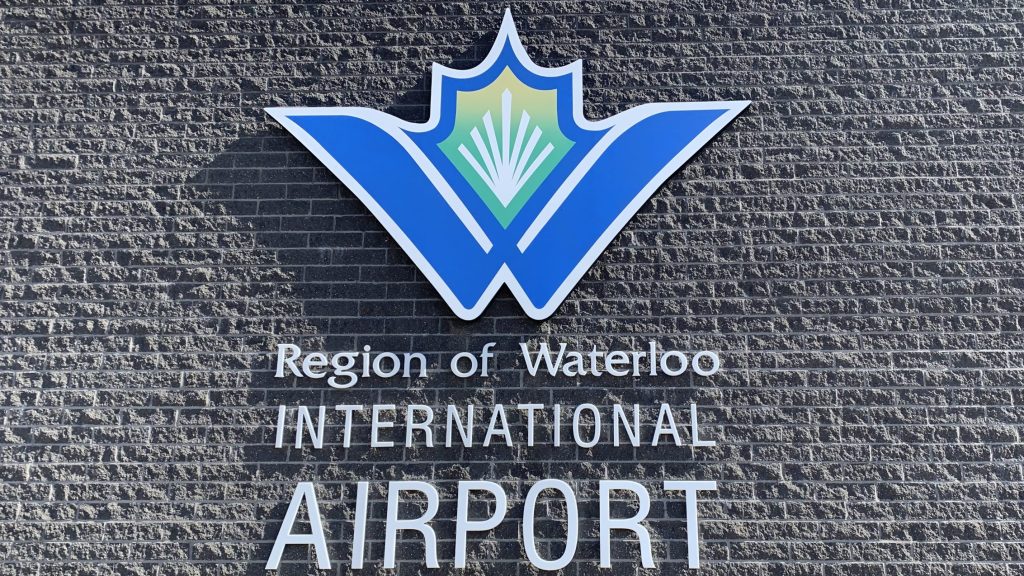Romania offers Moldova aid to keep it solvent, and with West
Posted Jan 26, 2016 05:31:31 AM.
Last Updated Jan 26, 2016 01:32:38 PM.
This article is more than 5 years old.
BUCHAREST, Romania – Romania offered Moldova emergency economic aid and a loan of 60 million euros ($65 million) on Tuesday in hopes of preventing economic collapse and keeping the impoverished ex-Soviet republic on a pro-European course.
Romanian Prime Minister Dacian Ciolos said that to get the money, Moldova will have to reform its justice system, fight corruption, sign a draft agreement for a loan from the International Monetary Fund, and appoint a new central bank governor.
“Romania is clearly by Moldova’s side,” added Romanian President Klaus Iohannis, who met with Moldova’s Prime Minister Pavel Filip in Bucharest. “We want to support you on your European path and we are convinced that together we will find the best ways to do it.”
The offer from Romania comes as Moldova stands on the edge of economic collapse following the disappearance of more than $1 billion from three Moldovan banks, one eighth of the nation’s annual GDP.
The state had to step in to replace the funds that were stolen, leaving it tragically short of funds. Experts say that without outside help, the state could soon find itself unable to pay state salaries and pensions.
Anger over the fraud and other cases of corruption have fueled months of street protests in the capital, with demonstrators demanding early elections. A former prime minister, Vlad Filat, was arrested last year on suspicion that he took part in the fraud. He is awaiting trial and denies wrongdoing, saying the probe is politically motivated.
Filip, the sixth prime minister in a year, is also considered a symbol by many Moldovans of the nation’s entrenched corruption because of his ties to an influential businessman. Earlier this month, protesters stormed the Parliament to protest his taking office.
It is a situation that both Western powers and Russia are watching closely.
Though Moldova is small, with only 4 million people, its location — wedged today between the EU and Ukraine — has long given it geopolitical significance that transcends its size.
Both Russia and the West seek greater influence over Moldova’s political and economic direction, and Romania, a NATO member that has cool relations with Moscow, very much wants a functioning pro-Western nation on its eastern border for security reasons.
Mouldova has an association agreement with the EU aimed at encouraging economic links, and which some people in Moldova hope could lead to eventual membership. Russia opposes Moldova joining the EU.
Pro-European parties came to power in 2009 and won again in 2014, but squandered their chance to improve the lives of people as the country grappled with the fallout from the bank scandal and other cases of corruption. The average monthly salary is just $240 (220 euros).
The people of Moldova, a place where both Romanian and Russian are widely spoken, are divided over whether to seek closer integration with the West or Russia.
While Western observers are disappointed in the government’s failure to enact reforms, they also fear that early elections sparked by the unrest could result in pro-Russian forces surging to power.
Filip vowed that he and other members of his government would meet Romania’s conditions. He acknowledged that laws fighting corruption “have been delayed until now.”
“If we don’t carry on with reforms that are felt in Chisinau and beyond, this political class has no chance,” Filip said at a joint news conference with Ciolos. Chisinau is the capital of Moldova.
Radu Magdin, the head of a Bucharest-based political consulting company, Smartlink Communications, said the help from Romania “can’t replace the $1 billion plus that was stolen, but it helps with basic necessities.”
___
Corneliu Rusnac, in Chisinau, Moldova, contributed to this report.








